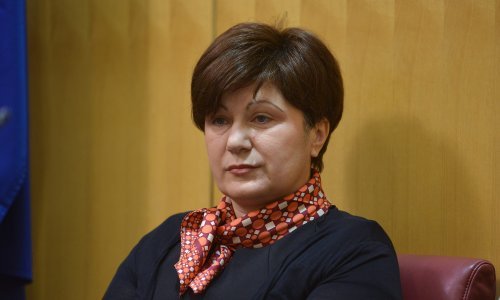Finance Minister Slavko Linic said on Friday he could not be dissatisfied with the state of the national budget but announced the possibility of another revision, probably to cover the debts in the health sector.
In an interview with Media Servis news portal, Linic said the health sector debts amounted to HRK 5 billion and that a new budget revision depended on revenues.
Asked if he would "clean up the mess" by the end of his term, Linic said the government was worried that this cleaning would create a big debt and Croatia lose its credit rating.
"We will be problematic because we will have a hard time borrowing, because when you come close to 60 per cent of the public debt, all alarm bells are set off. The European Commission won't be lenient in the least towards us."
The minister said the previous government left behind more than HRK 20 billion in hidden debts, including some from 1991. "We are cleaning up everything, but we can't only borrow. We have enormous assets but do we want someone to take them from us?"
As for criticism from the opposition that he was against the privatisation of state-owned property, Linic said, "It should be sold, not because we need to cut the debt but because it should be on the market."
Asked what would happen with the INA oil company, Linic said Hungary's MOL had disappointed him because Croatia now had two unmodernised refineries.
"We have INA which doesn't invest in the Adriatic and hasn't extracted every gramme of gas so we import it," the minister said, adding that MOL had not done that also because of the corruption for which trials were now under way.
Asked about the introduction of property tax, he said every country had it but that the Croatian government had scrapped it because of too much resistance at the moment. He said the ruling coalition's Croatian People's Party "is only trying to say that it shouldn't be applied in times of crisis."
Linic went on to say that the government was handling the crisis by reducing taxes for companies, through pre-bankruptcy settlement procedures and debt rescheduling, adding that taxes were not the way to deal with the crisis.
Asked about cuts to loan interest rates and current account overdrafts, the minister said a bill of amendments to the law on consumer loans would be put into procedure next week. "The government estimates that maximum interest rates should be limited and that citizens should be protected from too high interest rates."
































